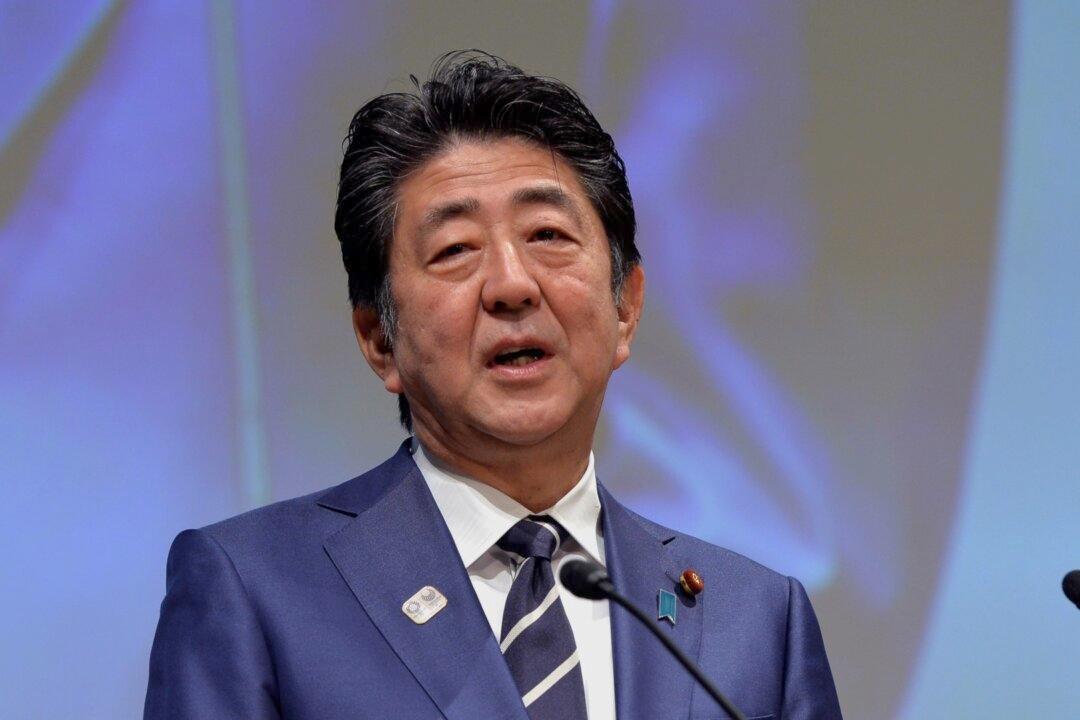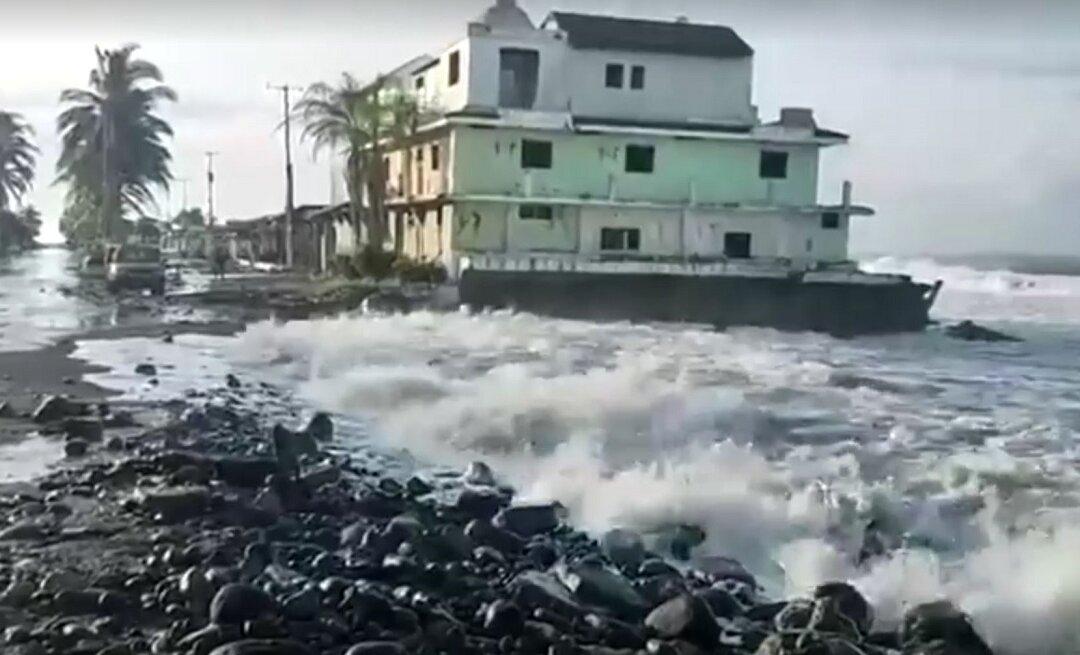Japan’s private sector will invest $20 billion over three years in Africa, Prime Minister Shinzo Abe promised on Aug. 28.
Abe, who was addressing African leaders gathered at the Tokyo International Conference on African Development (TICAD) in Yokohama, said Japan is interested in infrastructure and human development on the continent.




